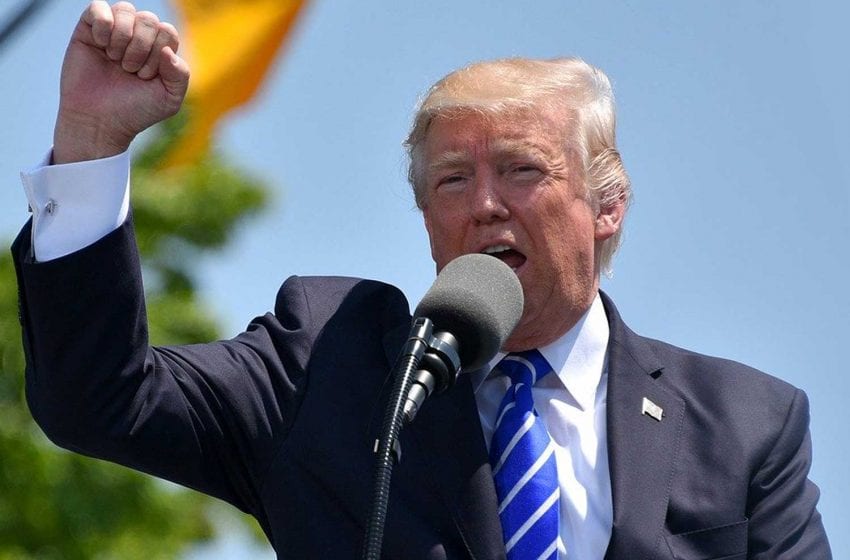A quarter of New Zealand’s pharmacies would ‘strongly consider’ selling tobacco if pharmacies comprised its only legal outlet, according to a story by Megan Haggan for ajp.com.au, citing the results of a new study.
In recent years, anti-tobacco activists in New Zealand and elsewhere have suggested various ways in which smoke-free goals might be achieved, including the restriction of tobacco-product sales to pharmacies.
The concept was apparently raised last year by University of Otago researcher Dr. Lindsay Robertson, who conducted interviews with 25 health experts and found that restricting the accessibility of tobacco products was seen as critical in reducing sales.
The experts supported restrictions such as allowing sales only in limited numbers of tobacco-only stores or pharmacies, located away from schools.
In Iceland, a private member’s bill was introduced in 2011, which proposed a 10-year plan that would have seen the number of tobacco retailers reduced until in the last year of the plan, only pharmacies would have been able to sell tobacco. At that point, sales would have been combined with advice on smoking cessation. This plan was not implemented.
Since then, Frederieke Sanne Petrović-van der Deen and Nick Wilson, of the University of Otago, have explored the attitudes of New Zealand pharmacists towards such schemes, conducting interviews at 30 pharmacies in Wellington.
They found that a quarter were ‘very likely’ to sell tobacco if pharmacies were the only legal outlet for its sale, and that this proportion increased to more than a third if the strategy had been proven to work elsewhere in the world.
‘These modest levels of support among pharmacists at least suggest it could be worthwhile to perform further research, and to possibly have an open discussion with pharmacists along with their professional organisations to explore the wider acceptability and feasibility of this idea, the researchers wrote.
Selling pharmacies











